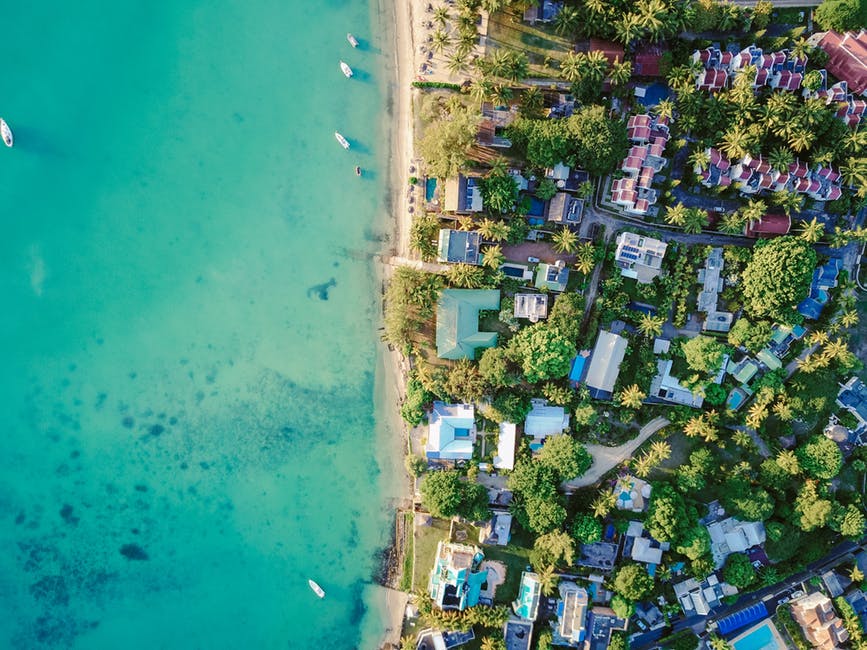With summer always on our minds, you might be dreaming about a couple of lazy days on the shore or visiting a country cabin. Maybe you’re thinking about purchasing your bit of paradise to escape to with the family. Buying a vacation home is not too different from purchasing a household or investment property. Location, cost, and the house itself are significant when looking at suitable property for sale, but you will find additional details to take into consideration when you’re on the search for holiday house you will enjoy.
1. Location
Proximity to universities and employment hubs might not be essential to your regional escape, but you will likely want access to other conveniences. A gas station and supermarket will probably be helpful so you can have access to the essentials. Walking distance to the beach would be ideal, but we all know how expensive beach-front properties are. It is up to you whether you want to be highly remote and secluded or be located near cafes and restaurants. If you plan to retire into the property, later on, think about distances to hospitals, stores, and a nearby community.
Consider how easy it’s to reach the place you have chosen. You will want to be near highways and perhaps airports or public transport, but not too close. More than just two hours’ travel from your regular home could make you think twice about that weekend escape.
2. Characteristics
If you’re searching for a full-time residence, you must decide on characteristics like the number of bedrooms you want and how large you want the living and kitchen places to be. Do the same to your vacation house. Additionally, ask yourself how important it’s to have perspectives. Would you mind being near the neighbours? How much of a backyard do you want to maintain? Consider upkeep requirements: you would like to unwind at your weekender, not spend some time making repairs and doing extensive gardening.
Remember you will not be around all of the time, so consider security. Assess whether the property might be in danger of fires or flooding, and what you can do to protect it.

3. Prices
Just like with any housing purchase, be sure you budget for all of the prices. These can have a deposit, stamp duty, mortgage and attorneys’ fees. You may be lucky to be able to get no agent property sales if you have connections in the area. Get review reports, ideally by people that are specialists in the local field. Regional properties may face additional challenges due to their location that a regular suburban home may not. Variable in supplying prices. Some vacation houses are sold with appliances and furniture. Otherwise, you are going to need to get money to fit out your escape, since you will not be bringing a bed every time you visit. The holiday house will need its own set of everything. And remember transportation costs to arrive.
4. Tax and investment
A vacation home isn’t your primary residence, which means you might be subject to capital gains tax when you sell. You can also need to pay land tax. If you’re planning to rent out of your weekender if you are not using it, then you are going to need to pay tax on any income earned, though you could have the ability to claim deductions for expenditures. You must always seek expert advice on fiscal and tax-related matters.
Bear in mind; once you’re thinking about purchasing your piece of paradise, it is the small details which will make all of the difference into a weekend getaway.




